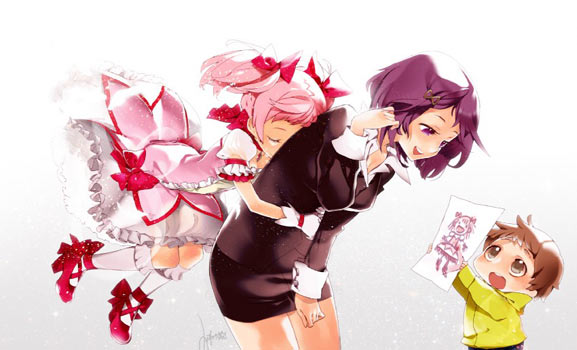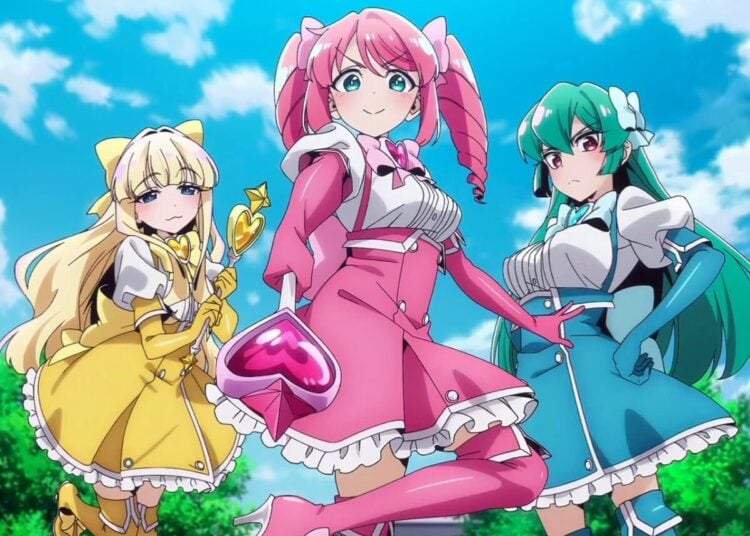A couple of updates ago I used the word “filial piety” (oya koko, pronounced oh-yah koh-koh) when discussing the signs our local PTA puts up around our city, with feel-good slogans on child rearing like “those who don’t show respect to their parents won’t receive it from their children.” If you read novels about Japan by people like James Clavell, it’s easy to come away with the impression that Japanese people are driven by honor and will commit seppuku if it’s required to save face in the eyes of their ancestors. While these stereotypes are all laughably false, the one area where Japanese people actually behave like this is when it comes to their parents. The idea of oya koko essentially means honoring your parents and making them happy, and this can take many forms, including being a good son or daughter, helping with the family’s finances when you start working, and taking responsibility for a family business and/or the care of your parents when they get older. Another example of Japanese parental respect in action is the university entrance exam system, in which all the best national universities are also the least expensive. It’s truly a good son or daughter who works extra hard so they can get into Tokyo University, which costs only $6000 or so a year compared with private universities like Waseda that cost many times more.

Filial Piety — respecting your parents — is one concept the Japanese actually practice.














